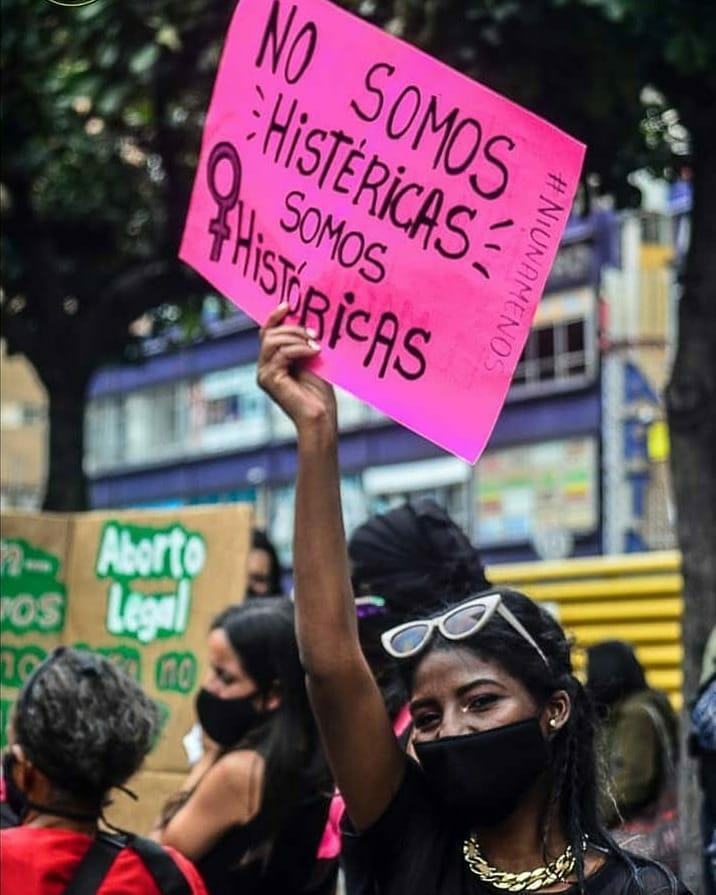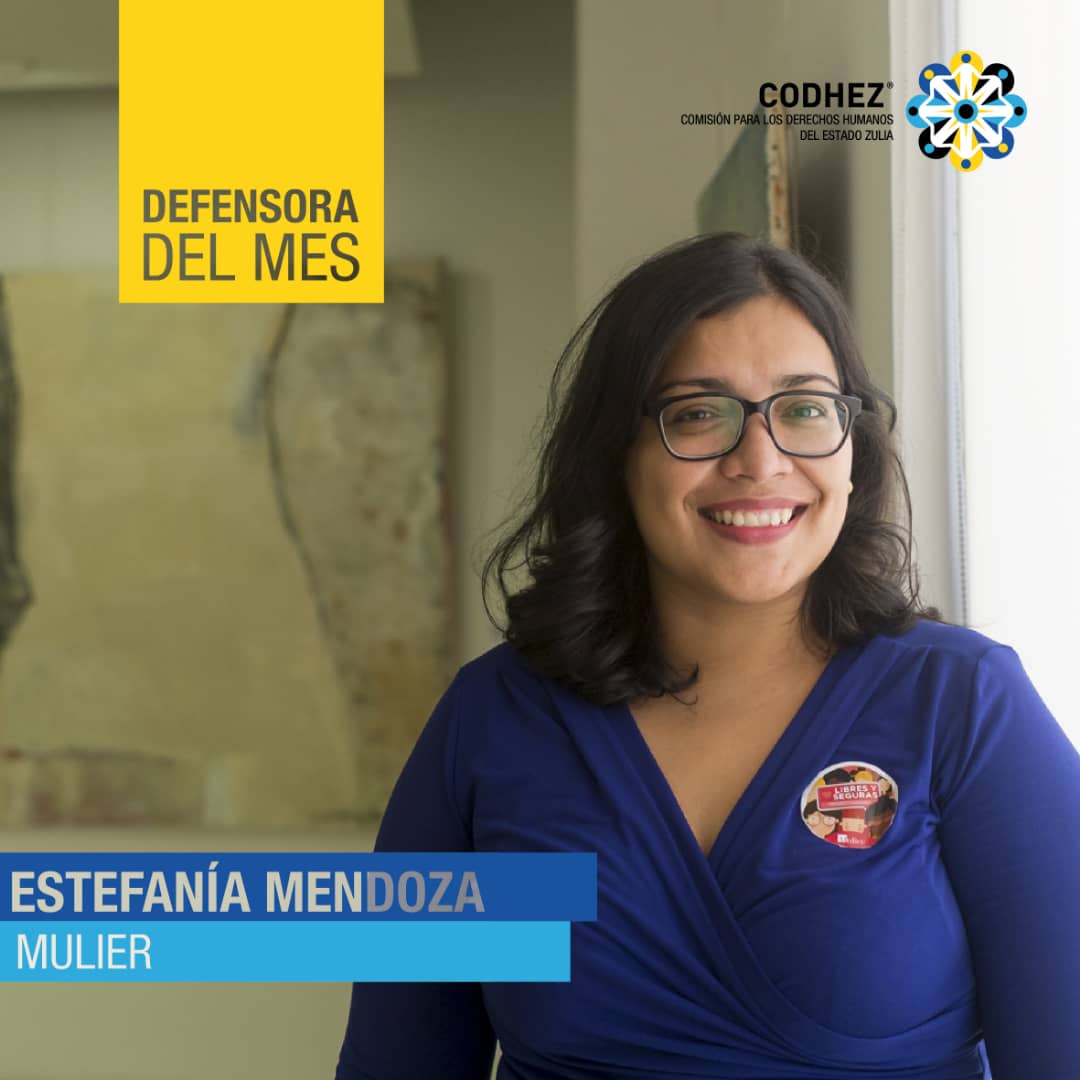On November 23, the BBC released its list of 100 inspiring and influential women from around the world in 2020, to recognize the women who are driving change and making a difference in these turbulent times. The human rights defender also received the “Premio Mujer Analítica 2020” (2020 Analytical Woman Award) for her commendable work in the Complex Humanitarian Crisis that Venezuela has been experiencing for more than 5 years
“Susana is a humanitarian worker who has spent 22 years assisting in emergencies around the world. She helped Cáritas de Venezuela to establish a tool that showed, in real-time, the impact of the humanitarian crisis on children at a time when the crisis was being denied in Venezuela. Susana also founded a network of centers providing nutritional support for children living in slums.” In this way, the BBC website describes part of the work of this valuable Venezuelan who has earned the respect of her fellow citizens and the international community.
The website also states that “[During the pandemic], Susana worked on maintaining food services for low-income citizens, women with HIV and youth prisons. Working with the Scaling Up Nutrition Movement, Susana also advised on bringing nutrition into the mainstream during national responses to the pandemic across Central America.”
The recognitions do not stop. Susana Rafalli has been honored with the “Premio Mujer Analítica 2020” granted by Asociación Civil Mujer y Ciudadanía and the Center for the Study of Citizen Participation at the Monteávila University, for her commendable work during the Complex Humanitarian Crisis that Venezuela has been experiencing for more 5 years.
A press release by Asociación Civil Mujer y Ciudadanía (@mujeryciudadania) and the Center for the Study of Citizen Participation at the Monteávila University, recognized Susana Rafalli as “a nutritionist, an accredited professional in protection and humanitarian assistance, and a Human Rights defender with a work of more than 20 years in the fields of food security and public nutrition in several continents”.
In response to the recognition, Rafalli stated: “The initiative of recognition that Mujer y Ciudadanía has led for so many years is of capital relevance: The relevance of making visible the contribution that women are making to challenge reality and to challenge each other as a way to continue creating amid very dark moments in the country; and the relevance of contributing to the construction of our memory.
The women receiving this recognition will pass, but the institutional framework will remain as a platform that makes us more visible than ever every year: that is a value and also a responsibility to sow and care for.
Translated by José Rafael Medina




